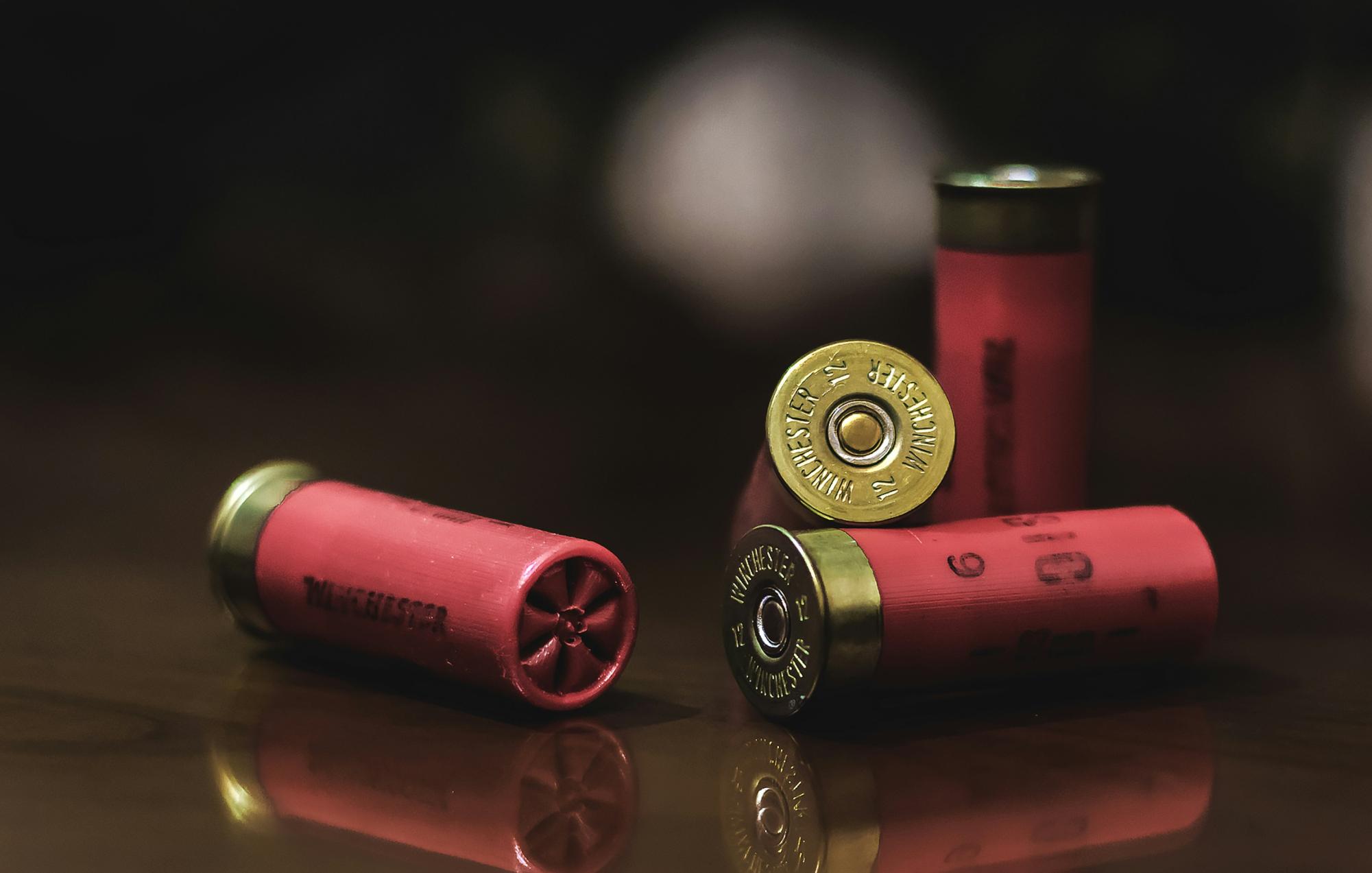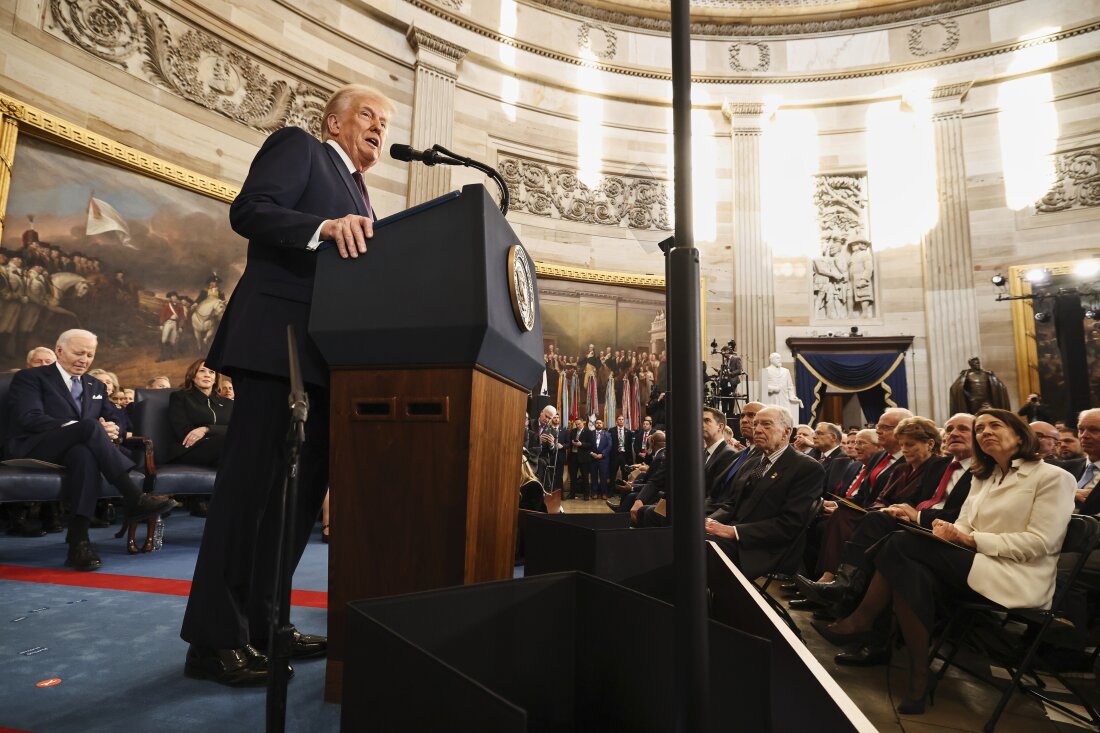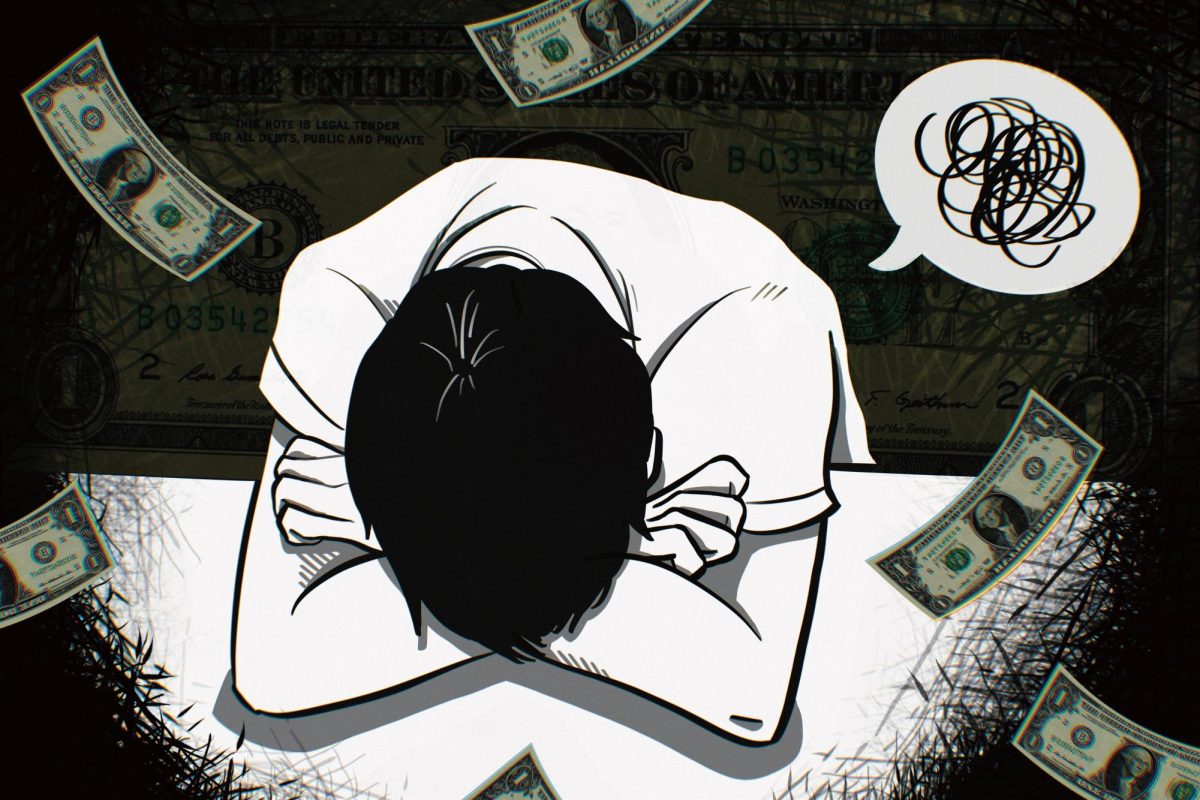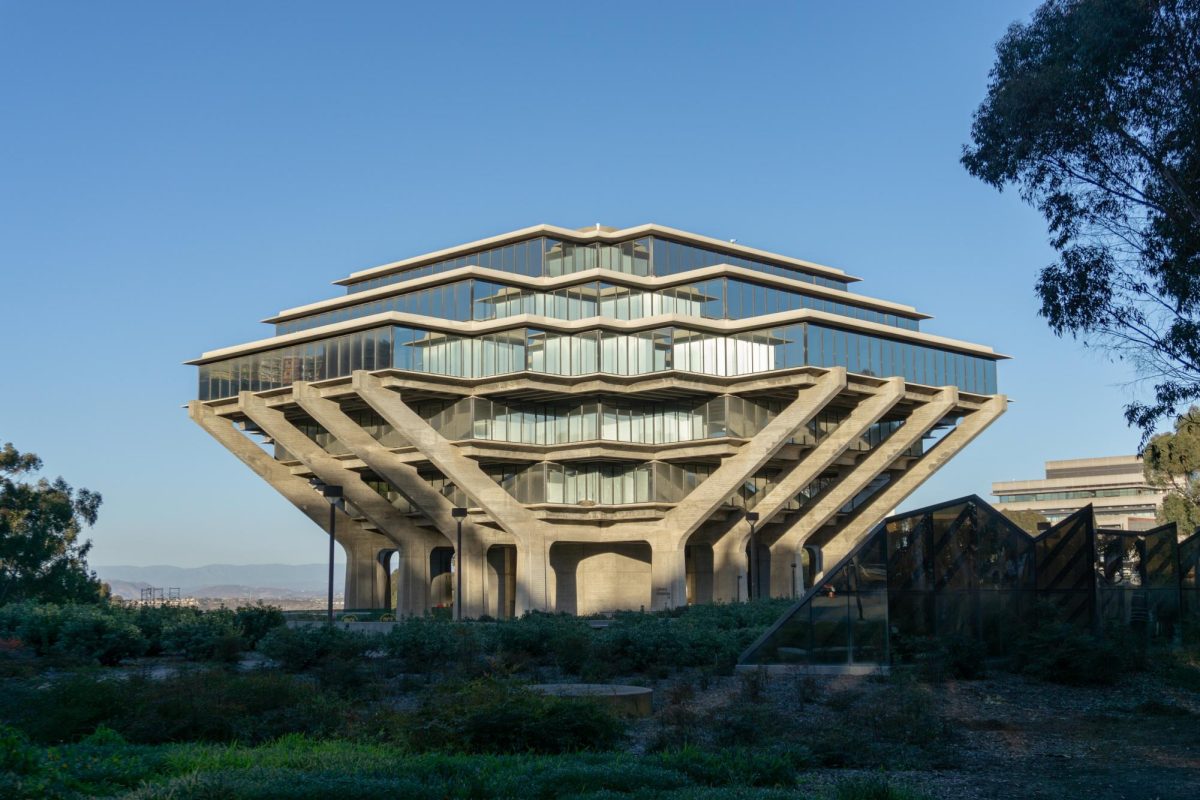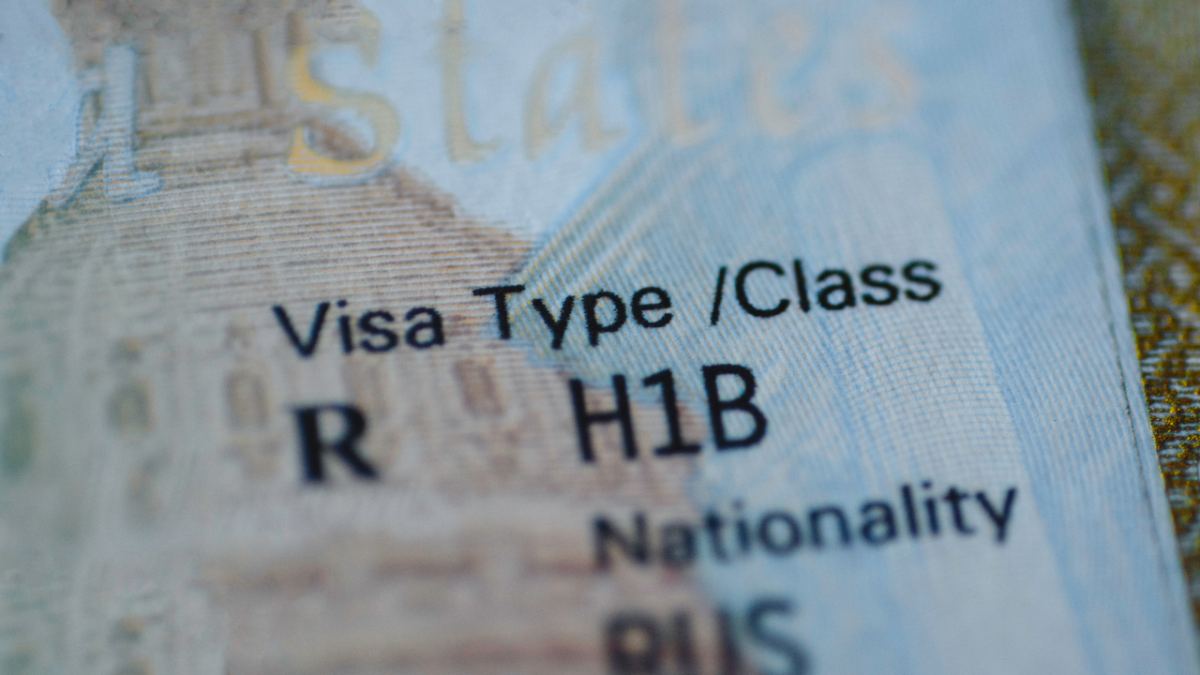On July 6, 2016, Philando Castile was pulled over by Officer Jeronimo Yanez in the suburbs of Saint Paul, Minnesota. Dashcam footage from the patrol vehicle captured Castile informing Officer Yanez that he was legally carrying a firearm while Yanez repeatedly demanded that Castile not reach for the weapon. However, Castile verbally reiterated many times that he was not reaching for the weapon. Still, despite the interaction beginning as a routine traffic stop, Castile was shot dead with five rounds in his chest.
The footage contains Castile’s denial of reaching for the firearm, and Yanez later testified that he never saw the firearm before shooting Castile. This incident should have gained the attention of those who ardently support the Second Amendment and believe that the legal possession of a firearm is not grounds for perceiving an American citizen as an immediate threat, much less grounds for execution. Yet, the National Rifle Association was quiet following this particular incident, failing to defend Castile with the same vigor they have reserved for white gun owners, such as Bernard Goetz who shot four African Americans on the New York Subway.
The NRA’s treatment of Castile is indicative of how the racialization of American gun ownership is rarely discussed in mainstream media. The media’s portrayal of Black American gun owners as violent criminals is a narrative as old as the foundation of American colonialism, with the Civil Rights movement and the Los Angeles riots exemplifying the bias in how the media covers gun ownership. Modern research has demonstrated significant bias for or against gun control depending on the race and gender of the gun owner, and that the enforcement of firearm restrictions continues to be pervasively discriminatory. Suggestions for gun control should include caveats for addressing racial bias, otherwise, policy implementation can result in the continuation of the cycle of poverty and police brutality in Black communities.
The injustices born from a white supremacist, capitalistic system have historically led to the violent oppression of people of color, sexual minorities, and the working class, which can result in individuals from these communities arming themselves. For example, before African-Americans possessed the right to be free, Nat Turner led a group of enslaved and free Black men in an armed uprising against wealthy white plantation owners, spurring debates about abolition across the country. Following abolition, some Black, Chinese, and Mexican Americans used firearms to defend themselves against lynch mobs. Even Martin Luther King Jr. possessed multiple firearms to defend himself against white reactionaries before he adopted a non-violent philosophy.
However, when minority groups begin to arm themselves for protection, they are met with legal obstacles, repercussions, and restrictions. For instance, following the 1967 police killing of Denzil Dowell, the Black Panther Party responded to the violence by creating armed community patrols. They also used firearms as a display of force during protests at the state capitol. But, these events motivated the NRA and then-Governor Ronald Reagan to sign the Mulford Act that prohibited open carry in California. Ultimately, when the Black Panther Party armed themselves for self-protection, the government responded in turn to prevent this level of protection, specifically targeting those who threatened the dominance of the white hegemonic system. No longer could the organization defend their own communities and resist a racist, violent police force.
In contrast to the Black Panther Party, a renowned instance of justified self-defense by non-Black Americans was not ignored or villainized in the mainstream media, paralleling the “model minority” stereotype. During the Los Angeles riots in 1992, the Korean American community took it upon themselves to protect their small businesses with personal firearms. Contrary to the mainstream narrative of the riots as a conflict between Koreans and Black Americans, this was a deliberate failure of the Los Angeles Police Department to protect Korean business owners. Police forces instead opted to protect wealthy, white elites. As a result, Korean Americans bore the brunt of the property damage. However, a community call for armed volunteers mitigated untenable destruction without killing a single rioter. The “Rooftop Koreans” would be immortalized by gun rights activists as a political talking point for the decades to follow.
Considering this history, it is no surprise that research has exposed the extent to which race shapes American views on firearms. A 2021 study examined white Americans’ preferences for firearm restrictions by asking subjects to what extent they supported a person’s right to gun ownership, with the race and gender of said person being the test variable. Based on the results, researchers suggested that “the magnitude of the race-gender effect we uncover is substantial — even comparable to the difference between Democratic and Republican preferences for gun availability.” The implications of this statement are significant, suggesting that the extent to which white Americans favor white, female gun owners compared to Black, male gun owners transcends highly polarized party labels.
Furthermore, this bias can be seen in police arrest data, as minorities make up nearly 70% of firearm arrests with disproportionate felony arrests for Black Americans, resulting in 1 in 4 Black men being unable to purchase a firearm. To compound bias, some statutes are disproportionately added to other felony charges if a crime was committed while the perpetrator possessed a firearm, even if that firearm was not utilized for the crime. A major example of this is 18 U.S.C. § 924(c), in which 51% of those convicted are African American. Major restrictions on firearm access would inevitably lead to empowered police agencies imposing discriminatory enforcement on Black and Latino communities, further contributing to an already pervasive problem of discrimination within American society.
Most recently, on May 3, 2024, police responded to a domestic dispute call in Florida that resulted in the death of Airman Roger Fortson. Fortson, a Black service member of the United States Air Force, opened the door to police while pointing a legally owned firearm to the ground. The responding officer, without giving any instructions to put his firearm down, shot Fortson six times. Two days after the news made national headlines, the NRA has yet to make any significant statement on the incident, consistent with how the interest group failed to respond to Castile in 2016. When gun laws are actively used against the Black community and groups dedicated to protecting those gun rights fail to support Black Americans, there is an underlying bias in how Americans perceive Black gun owners. Considering the recent history of double standards when it comes to gun policy and its usage by both the state and private organizations against Black Americans, the racialization of firearms continues to be a widespread issue within the media and the legal system. As a consequence, gun control activists should address how the implementation of further firearm restrictions will create opportunities for selective enforcement by police and the discriminatory results from already existing policies.



